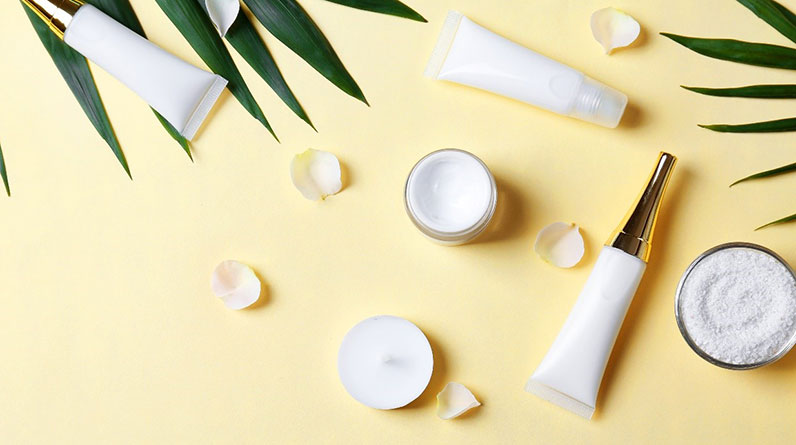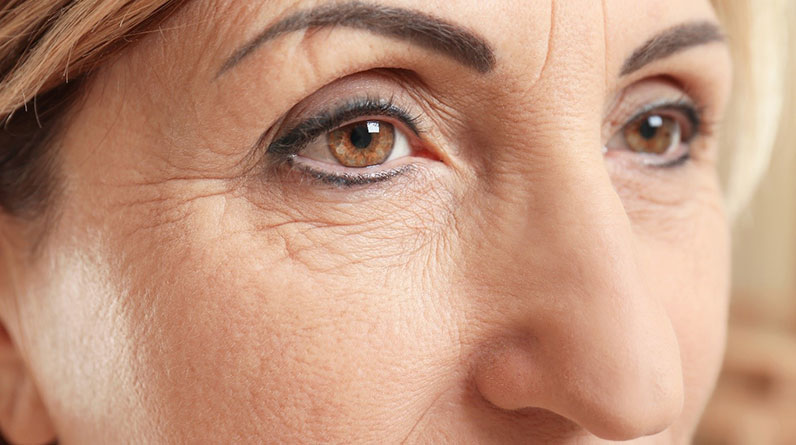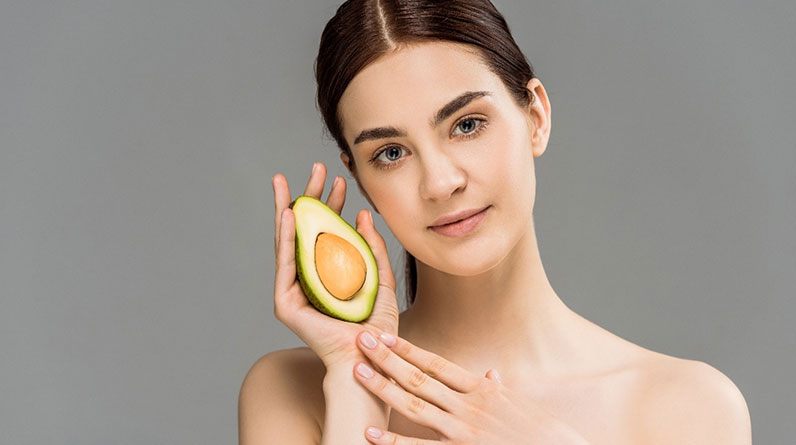
Good Nutrition Can Help Maintain Healthy Skin in 2023
Our skin is the largest organ in the body, and like every other organ, it requires proper nutrition to maintain optimal health. While topical skincare products play an important role in maintaining healthy skin, proper nutrition is equally important. Our skin is a reflection of our overall health, and a diet rich in essential vitamins, minerals, and healthy fats can help promote healthy skin from the inside out.
In what follows, we will discuss the role of nutrition in maintaining healthy skin. We’ll explore essential vitamins and minerals, healthy fats, the role of antioxidants, and overall dietary interventions. We hope to provide a better understanding of the nutrients your skin needs to stay healthy and radiant.
Essential Vitamins and Minerals for Healthy Skin
Our skin requires a variety of essential vitamins and minerals to maintain optimal health and prevent disease. These nutrients play a vital role in promoting healthy skin cell turnover, collagen production, and protection against UV radiation and inflammation.
- Vitamin C
Vitamin C is a powerful antioxidant that plays a critical role in collagen production, which is essential for maintaining healthy skin. Collagen serves as the primary structural protein present within the skin and is responsible for its elasticity and strength. Vitamin C can be found in foods such as citrus fruits, berries, kiwis, papaya, guava, broccoli, bell peppers, and leafy greens like kale and spinach.
- Vitamin E
Vitamin E also serves as a strong antioxidant that helps protect against sun damage and reduces inflammation in the skin. It works by neutralizing free radicals, which can cause damage to skin cells and contribute to premature aging. Foods that are an excellent source of vitamin E include nuts and seeds like almonds, sunflower seeds, hazelnuts, leafy greens like spinach and Swiss chard, and avocado.
- Vitamin A
Vitamin A is essential for healthy skin cell turnover and is known for reducing the appearance of fine lines and wrinkles. It also helps protect the skin from UV damage and promotes the growth of new skin cells. Foods that are an excellent source of vitamin A include sweet potatoes, carrots, spinach, kale, and liver.
- Zinc
Zinc, an essential mineral, is vital for upholding skin health and warding off acne. It helps regulate oil production, which can eliminate acne breakouts by decreasing the risk of clogged pores. Oysters, beef, pumpkin seeds, lentils, and chickpeas are examples of foods abundant in zinc.
- Selenium
Selenium is another essential mineral that helps protect against UV damage and reduces inflammation in the skin. It works by increasing the skin’s natural defenses against free radicals and helping to repair damaged cells. Foods rich in selenium include Brazil nuts, fish, eggs, and whole grains.
Healthy Fats for Supporting Skin Health
In addition to essential vitamins and minerals, healthy fats also play a crucial role in maintaining healthy skin. Beneficial fats contribute to maintaining well-hydrated and pliable skin while also assisting in diminishing skin inflammation. Therefore, incorporating healthy fats into your diet can help improve the overall health and appearance of your skin.
Some of the most important and common healthy fats that you can incorporate into your diet to support skin health include omega-3 fatty acids, monounsaturated fats, and saturated fats.
- Omega-3 Fatty Acids
Omega-3 fatty acids are essential fatty acids that are crucial for maintaining healthy skin. They function to establish hydration for skin and create the supple nature in skin and can also help to reduce inflammation in the skin. Omega-3 fatty acid-rich foods encompass fatty fish such as salmon, mackerel, and sardines, in addition to flaxseeds, chia seeds, and walnuts.
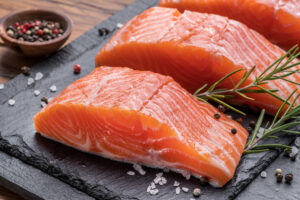
- Monounsaturated Fats
Monounsaturated fats are another type of healthy fat that can support skin health. They help to keep the skin moisturized and can also help to reduce inflammation. Foods rich in monounsaturated fats include avocado, olive oil, nuts, and seeds.
- Saturated Fats
While saturated fats have been given a bad reputation in the past, recent research suggests that they may not be as harmful as once thought. In fact, some types of saturated fats, such as those found in coconut oil, may have benefits for the skin. Medium-chain triglycerides (MCTs), found abundantly in coconut oil, have been shown to improve skin barrier function and hydration.
While any diet rich in healthy fats will suffice, plant-based sources of healthy fats are an excellent way to support skin health. Some of the best sources of plant-based fats include nuts, seeds, and avocados. These foods are rich in omega-3 and omega-6 fatty acids, making them excellent promoters of healthy skin.
To incorporate healthy fats into your diet, meal planning and recipe prep are key methods for success. Planning your meals and snacks ahead of time can help ensure that you are consuming the right elements for skin vitality.
The Role of Antioxidants
Antioxidants are compounds found in many foods that help prevent damage caused by free radicals. Free radicals are abnormal molecules that can damage cells and contribute to a variety of health problems, including skin damage and premature aging. Antioxidants play an important role in maintaining healthy skin by neutralizing free radicals and protecting skin cells from damage.
Some of the most powerful antioxidants for skin health include vitamins C and E, as well as beta-carotene, selenium, and flavonoids. These compounds can be found in a variety of fruits, vegetables, nuts, and seeds. Foods like berries, citrus fruits, leafy greens, nuts, and seeds are all excellent sources of antioxidants.
In addition to consuming foods rich in antioxidants, topical antioxidants can also be beneficial for skin health. These include ingredients like vitamin C, vitamin E, and green tea extract, which can be found in many skincare products. Topical antioxidants can help protect the skin from damage caused by UV radiation and other environmental stressors, as well as help reduce inflammation and promote healthy skin function.
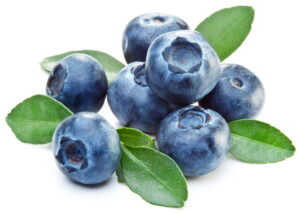
Consuming foods rich in antioxidants is excellent support for healthy skin. By incorporating plenty of fruits, vegetables, nuts, and seeds into your diet and choosing skincare products that contain antioxidant-rich ingredients, you can help keep your skin looking and feeling its best.
Final Thoughts
Maintaining healthy skin requires a holistic approach that also includes proper nutrition. By making healthy choices and taking care of your skin from the inside out, you can achieve a healthy and radiant complexion that lasts a lifetime.

